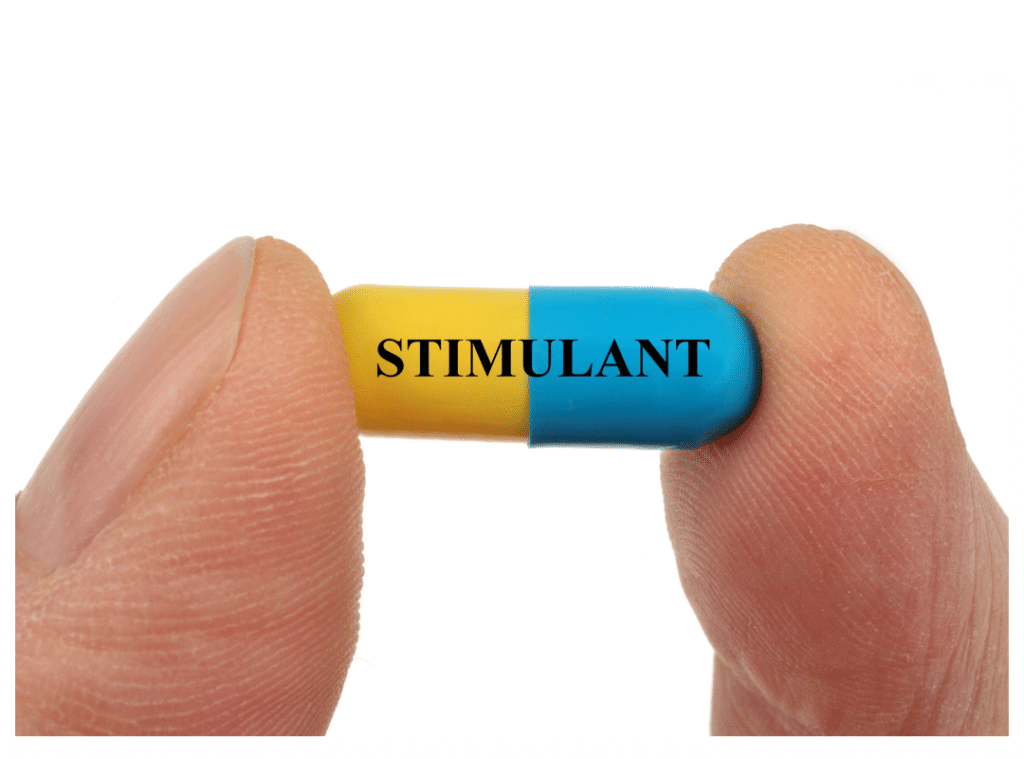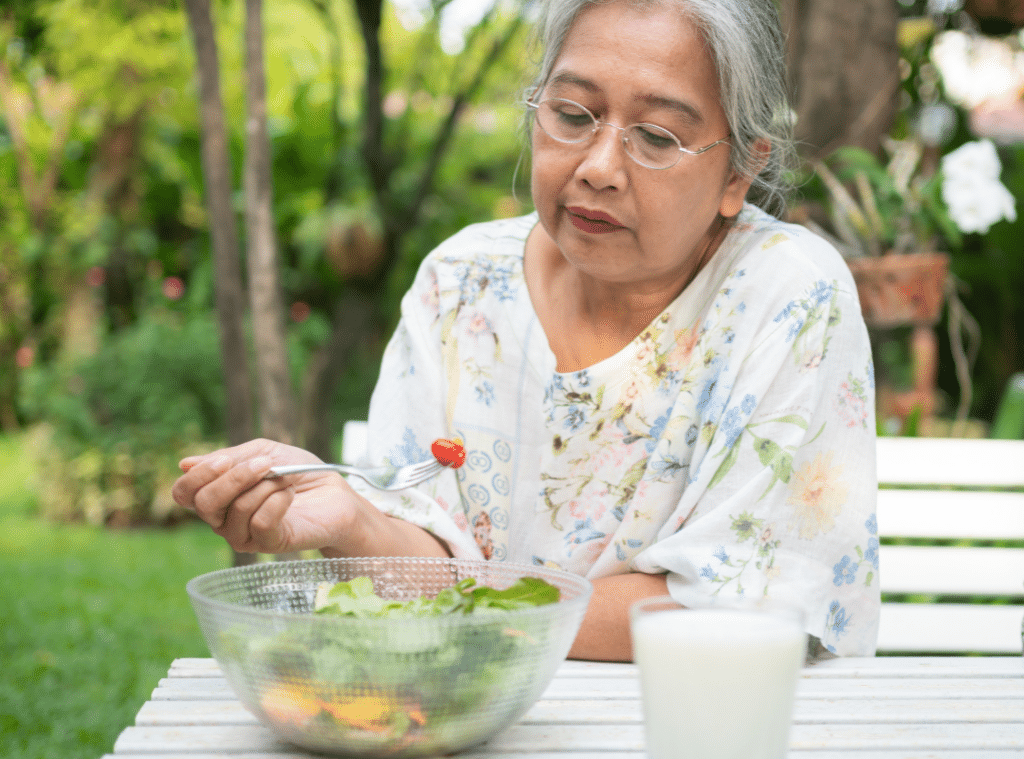How to Increase Appetite in Seniors: Tips for Better Nutrition
You might find that your loved ones at The Oaks at Paso Robles are struggling with their appetite, which can impact their overall health. Creating a pleasant mealtime environment and serving visually appealing, nutrient-dense meals can make a significant difference. It’s also helpful to encourage social interactions during meals and to establish consistent routines to stimulate hunger signals. But what other strategies can you implement to guarantee they get the nutrition they need? Exploring various supplements and dietary adjustments could be key to enhancing their appetite and well-being.
How to Increase Appetite in Seniors
How can you help increase appetite in seniors? Understanding the factors affecting their eating habits is essential. Many seniors experience a decline in appetite due to reduced energy levels, changes in taste and smell, and potential medical issues.
Start by ensuring there are no underlying health concerns that could be influencing their appetite.
Creating a pleasant mealtime atmosphere can make a significant difference. Present visually appealing meals, and consider serving small, nutrient-dense portions to avoid overwhelming them.
Encourage social interactions during meals; sharing food with family or friends can enhance the dining experience and make eating more enjoyable.
Establishing a consistent meal routine helps trigger hunger signals, making meals feel more familiar. You might also offer easy-to-eat finger foods that require less effort to enjoy.
Additionally, consider introducing enjoyable mealtime events or themes to spark interest in food. Implementing tailored dietary plans can also help ensure that the meals served meet individual nutritional needs.
Lastly, remember that hydration is essential. Encourage seniors to drink water throughout the day to enhance their appetite.
Supplements to Increase Appetite in Elderly
Many seniors struggle with appetite loss, but certain supplements can help stimulate their interest in food.
Before introducing any supplement, it’s vital to consult with a healthcare professional to guarantee safety and appropriateness. Here are some supplements that may help:
- Omega-3 Fatty Acids: These are found in fish oil and can enhance appetite and improve overall health.
- Zinc: This mineral is essential in taste and smell, and a deficiency can lead to reduced appetite.
- Vitamin D: Adequate levels may improve mood and well-being, potentially stimulating appetite.
- Probiotics promote gut health and can help alleviate gastrointestinal discomfort, making eating more enjoyable.
- Protein Supplements: Nutrient-dense shakes can provide necessary calories and encourage regular intake.
Incorporating these supplements into a senior’s diet can be beneficial, but remember to pair them with nutrient-rich foods. Good nutrition is essential for health and longevity, especially for seniors.
Supporting their nutritional needs, you help foster a healthier lifestyle, making mealtimes more enjoyable and less intimidating.
Always prioritize their comfort and preferences in the process.

Appetite Stimulant for Elderly with Dementia
For seniors with dementia, stimulating appetite can be particularly challenging due to cognitive decline and changes in behavior. One practical approach is using appetite stimulants, which can range from medications prescribed by a healthcare professional to natural options like herbal supplements. It’s crucial to consult with a doctor before starting any stimulant to guarantee safety and appropriateness.
Here’s a quick reference table to help you consider various appetite stimulants and their uses:
| Appetite Stimulant | Notes |
| Megestrol Acetate | Prescription medication to boost appetite. |
| Dronabinol | Cannabinoids that may enhance appetite. |
| Mirtazapine | Antidepressants that can increase hunger. |
| Ginger or Peppermint | Herbal options to stimulate digestion. |
| Nutrient-dense snacks | Provide easy-to-eat food choices. |
Using these appetite stimulants, along with strategies like creating a pleasant mealtime atmosphere and offering visually appealing foods, can make a significant difference. Additionally, ensuring that meals are packed with essential nutrients is crucial for their health and well-being. Remember, the goal is to guarantee your loved one enjoys mealtime, which is crucial for their overall health and well-being.
In the garden of life, nurturing your appetite can bloom into vibrant health. At The Oaks at Paso Robles, we believe that by creating a welcoming mealtime atmosphere, embracing nutrient-rich foods, and fostering social connections, you can help seniors thrive. Seniors benefit from tailored dietary plans, hydration, and thoughtful supplements like a flower that needs sunlight and water. Remember, every small step you take toward enhancing your nutrition can lead to a flourishing, more enjoyable mealtime experience. For more information or assistance, please contact us at (805) 239-5851. Let’s cultivate this journey together for a brighter, healthier tomorrow.
Discover the level of care you or your family member requires. What Level of Care Do You Need?
FAQs: Appetite and Nutrition in the Elderly
What causes an old person to lose their appetite?
Loss of appetite in older adults can result from various factors, including medical conditions such as chronic illnesses, medication side effects, depression, or changes in taste and smell. Additionally, reduced physical activity and slower digestion as part of aging can contribute to this issue.
What are appetite stimulants for elderly people?
Appetite stimulants for the elderly may include certain medications like megestrol acetate or mirtazapine, prescribed by a doctor. Non-medical approaches, such as serving small, nutrient-dense meals, incorporating favorite foods, or using herbs and spices to enhance flavor, can also help stimulate appetite.
What happens when an elderly person eats very little?
When an elderly person eats very little, they risk malnutrition, weight loss, and a weakened immune system. Over time, this can lead to decreased muscle strength, slower wound healing, and an increased likelihood of infections or other health complications.
What foods are good for the elderly with no appetite?
Nutrient-dense foods like soups, smoothies, yogurt, eggs, and soft fruits are good choices for elderly individuals with reduced appetite. Foods rich in calories and protein, such as nut butters, avocados, and milkshakes, can provide essential nutrients in smaller portions.








